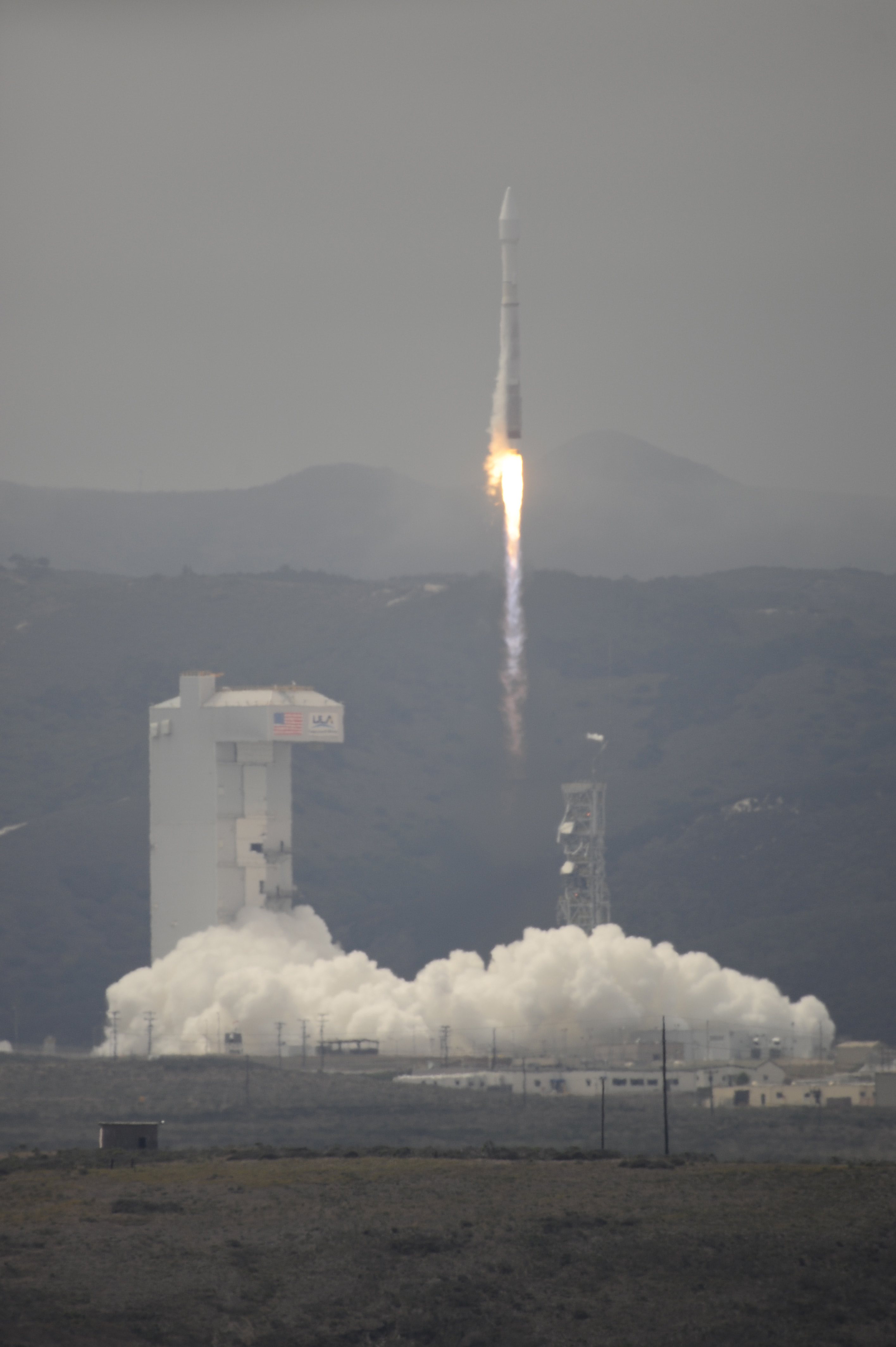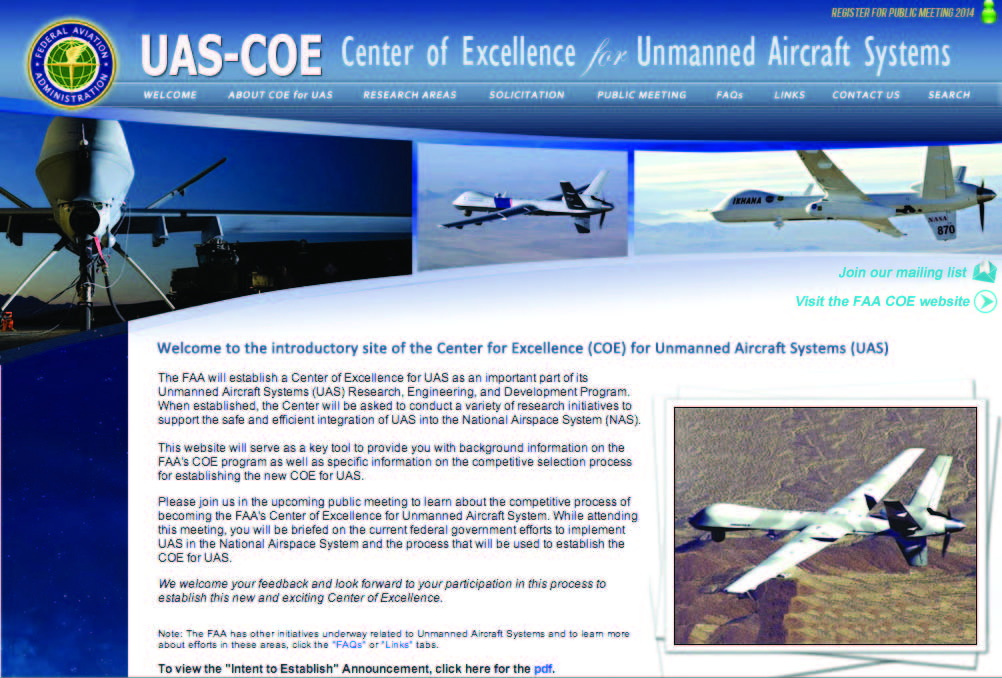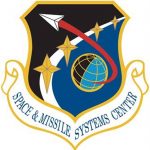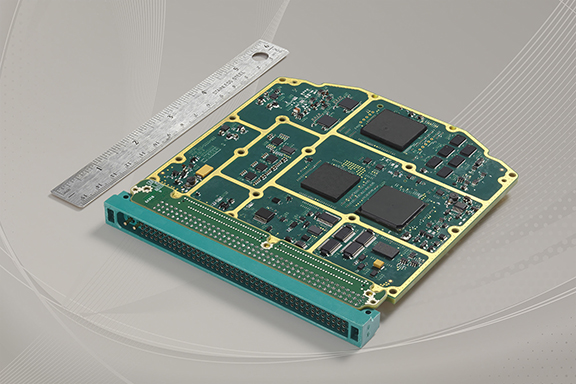The U.S. Air Force’s Rocket Systems Launch Program Office, part of the Space and Missile Systems Center’s Launch Enterprise, last week released a solicitation for the Orbital Services Program-4 Indefinite Delivery/Indefinite Quantity contract.
“The OSP-4 contract will build on our Rocket Systems Launch Program’s legacy of success dating back to the early 1960s by supporting Department of Defense and U.S. government agencies’ small launch efforts for the next nine years,” said Col. Rob Bongiovi, director of SMC’s Launch Enterprise, in a press release. “In today’s contested space domain, contracts must be flexible and responsive to meet the challenges facing the warfighter. The program balances technology, mission risk, and schedule while leveraging rapidly evolving market forces to cultivate a resilient and affordable launch capability for U.S. government needs,” said Bongiovi.
OSP-4 is a follow-on to the OSP-3 contract that is set to expire in November. OSP-4 will allow for the rapid acquisition of launch services to meet mission requirements enabling launch within 12-24 months from task order award on a competitive basis. It is designed to accommodate payloads greater than 400 pounds. The Air Force projects to procure about 20 missions over the nine-year period.
“The OSP-3 contract was very successful and served the Launch Enterprise well with five awarded missions. For example, we partnered with NOAA, NASA, and academia to launch 24 satellites using SpaceX’s Falcon Heavy rocket,” said Lt. Col. Ryan Rose, chief of the Small Launch and Targets Division at Kirtland Air Force Base, New Mexico.
“This mission demonstrated innovations, like reusability, from new entrants that could drive down the cost and enhance reliability of National Security Space launch. And later this year Northrop Grumman Innovation Systems will launch a National Reconnaissance Office payload using a Minotaur launch vehicle. We believe OSP-4 will be equally successful as a showcase for industry innovation and a gateway to even more affordable space launch, because we are able to take more risks, more quickly to produce high rewards for the Launch Enterprise,” said Rose.
Proposals are due by Aug. 29, 2019. The Air Force intends to award an IDIQ contract to multiple awardees by the end of the year with an opportunity to on-ramp new providers in future years.
Air Force Space Command’s Space and Missile Systems Center, located at Los Angeles Air Force Base in El Segundo, California, is the U.S. Air Force’s center of excellence for acquiring and developing military space systems. SMC’s portfolio includes space launch, global positioning, military space vehicle communications, defense meteorological space vehicles, range systems, space vehicle control networks, space-based infrared systems, and space situational awareness capabilities.






